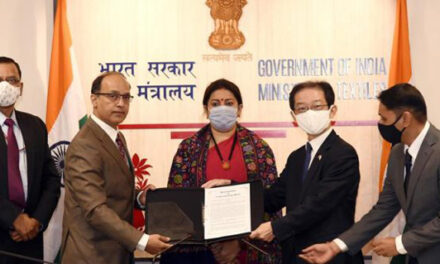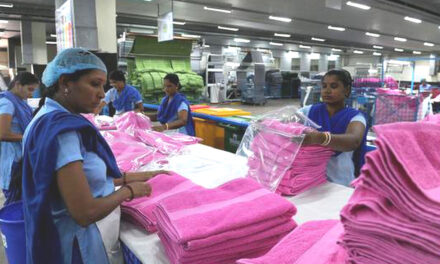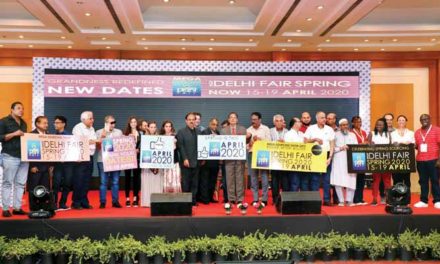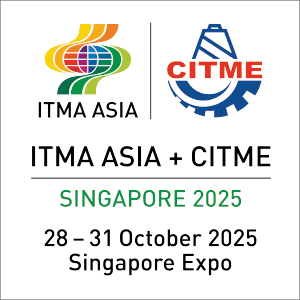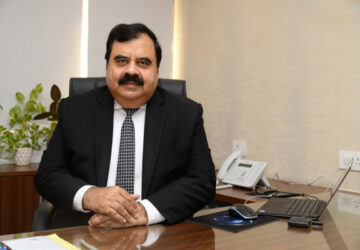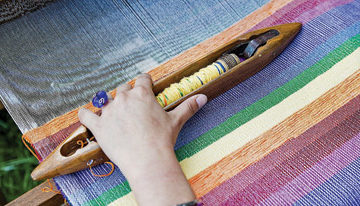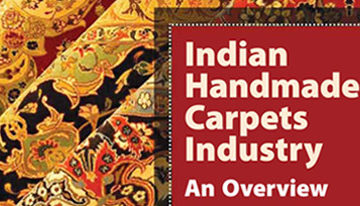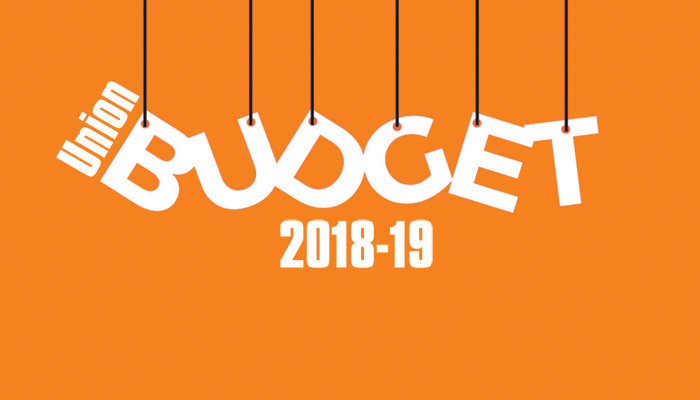 Swedish-owned homeware giant IKEA has unveiled a new collection of textile products made from its recycled worker uniforms. IKEA sourced the garments from its stores across Europe as part of a pilot project aimed at exploring how used and faulty batches of uniforms could be turned into secondary raw materials, and how to develop and manage all steps of the recycling process in-house. This ranged from collecting the textile waste to producing new products. Branded as Växelbruk, the collection contains 16 textile products including curtains, cushion covers, throws and bags.
Swedish-owned homeware giant IKEA has unveiled a new collection of textile products made from its recycled worker uniforms. IKEA sourced the garments from its stores across Europe as part of a pilot project aimed at exploring how used and faulty batches of uniforms could be turned into secondary raw materials, and how to develop and manage all steps of the recycling process in-house. This ranged from collecting the textile waste to producing new products. Branded as Växelbruk, the collection contains 16 textile products including curtains, cushion covers, throws and bags.
Explaining the strategy behind the process, Luca Clerici, deployment leader new business and innovation deployment management, Europe supply, said: “For IKEA, the Växelbruk project was an opportunity for a thorough exploration of recycling processes.
“We had to learn to navigate quite a complex landscape in terms of requirements, legislation, and logistics. The project brought a lot of cross-disciplinary learnings, not only about textiles. We’re sharing these insights across IKEA to use in everything from the supply chain to product development and design.”
As well as using the material recycled from the uniforms, IKEA also blended the fibres with other materials such as recycled polyester from used PET bottles and pre-consumer textile waste.
Designers also introduced other fabric colours from industrial textile surpluses to create different style products.
“The making of coloured fabrics, especially multi-coloured ones, usually requires dyeing – a process that can add quite a cost to both resources and the price of the final product in stores,” Clerici explained. “A key takeaway from the making of Växelbruk was being able to adjust colours without having to go through a dyeing process. All it took was a bit of playing around with the colours of the recycled fibres; combining them instead to create the desired colour effect.”
Lena Julle, the company’s sustainability manager, added: “Through the Växelbruk pilot project, IKEA aimed to test and learn how to turn textile waste into secondary raw materials for new products.
“The project is an example of entrepreneurship that challenges current practices and develops ways of working for recycling.”
The collection will be launched in selected IKEA stores in Europe from February 2024.



